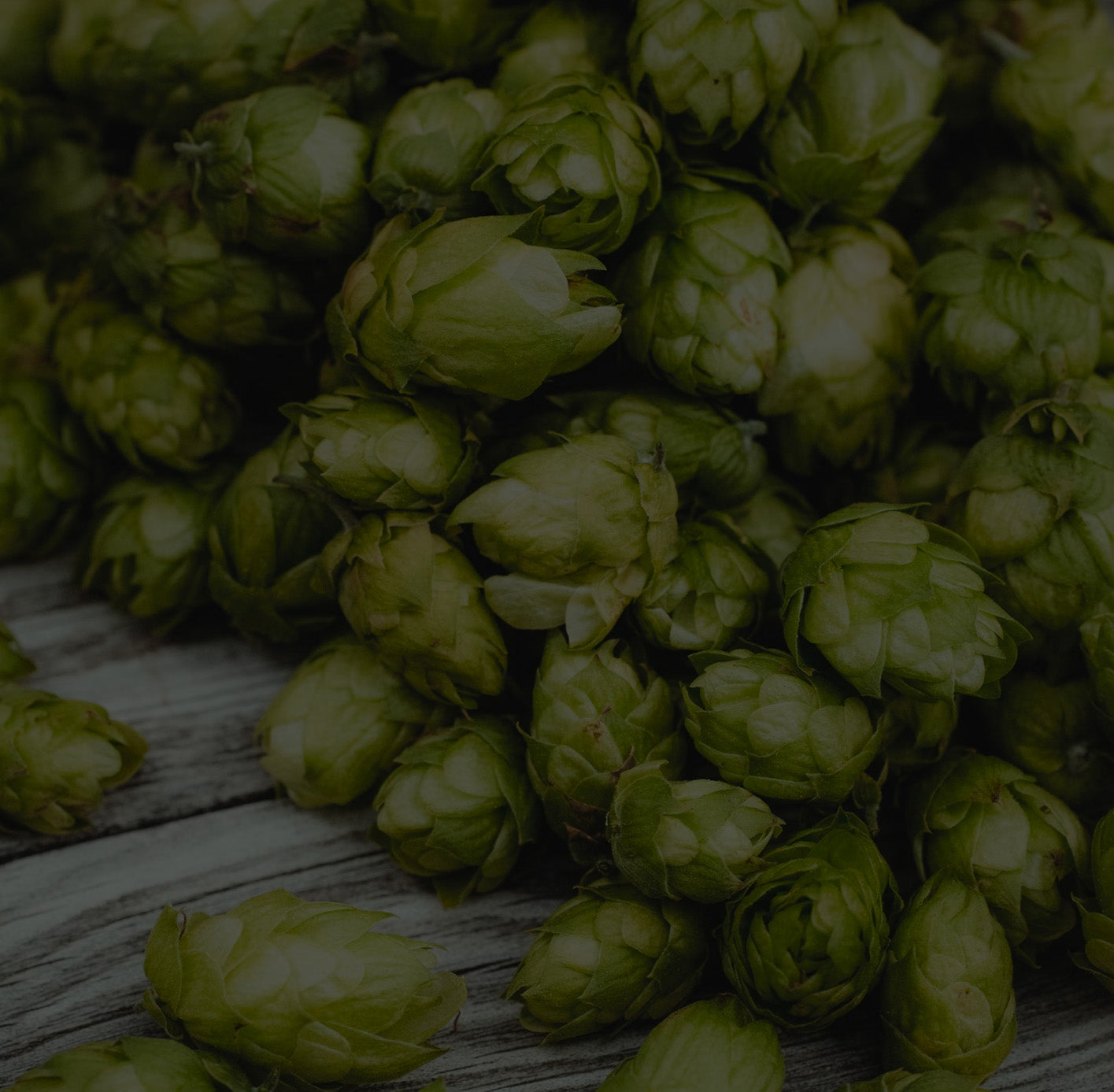Why are Enzymes Important?
Enzymes are important because they convert starches from grain into fermentable sugars. Starches are made up of long chains of glucose molecules and have to be broken down into smaller molecules in order for the yeast to be able to turn them into alcohol. If these starches are not broken down by enzymes, then the yeast are not able to perform their job. The most common enzymes used in brewing/distilling come from malted barley. Malted barley is the most commonly used malted grain in commercial distilling as it has a high diastatic power. Diastatic power is the measurement used to measure the malt’s ability to break down starches into simpler fermentable sugars during the mashing process.
How Are Enzymes Created?
During the malting process, barley is dried to a moisture content below 14% and then stored for for 5 to 6 weeks to overcome seed dormancy. The grain is then steeped in water to allow it to absorb moisture. This causes the barley to sprout. When the grain have a moisture content of around 46%, they are air dried over the course of a number of days. Once the malt has been air dried, it is kiln-dried to give the grain its color and flavor profile.
Barley develops enzymes during malting that are needed to convert starches into sugar during the mash process. A typical grain bill for a whiskey mash normally consists of malted barley with other added grains such as corn, rye or wheat. Hot water (hot liquor) is added with the grain which allows the enzymes in the malt to break down the starch in the grain into sugars. During the mash process, enzymes in the malted barley will convert starches into sugar. Without enzymes the starch would not be converted into sugar and the yeast would not have any sugar to ferment into alcohol. It is critically important to use CRUSHED malted barley and not regular or flaked barley.






Leave a comment